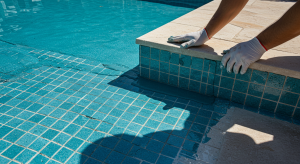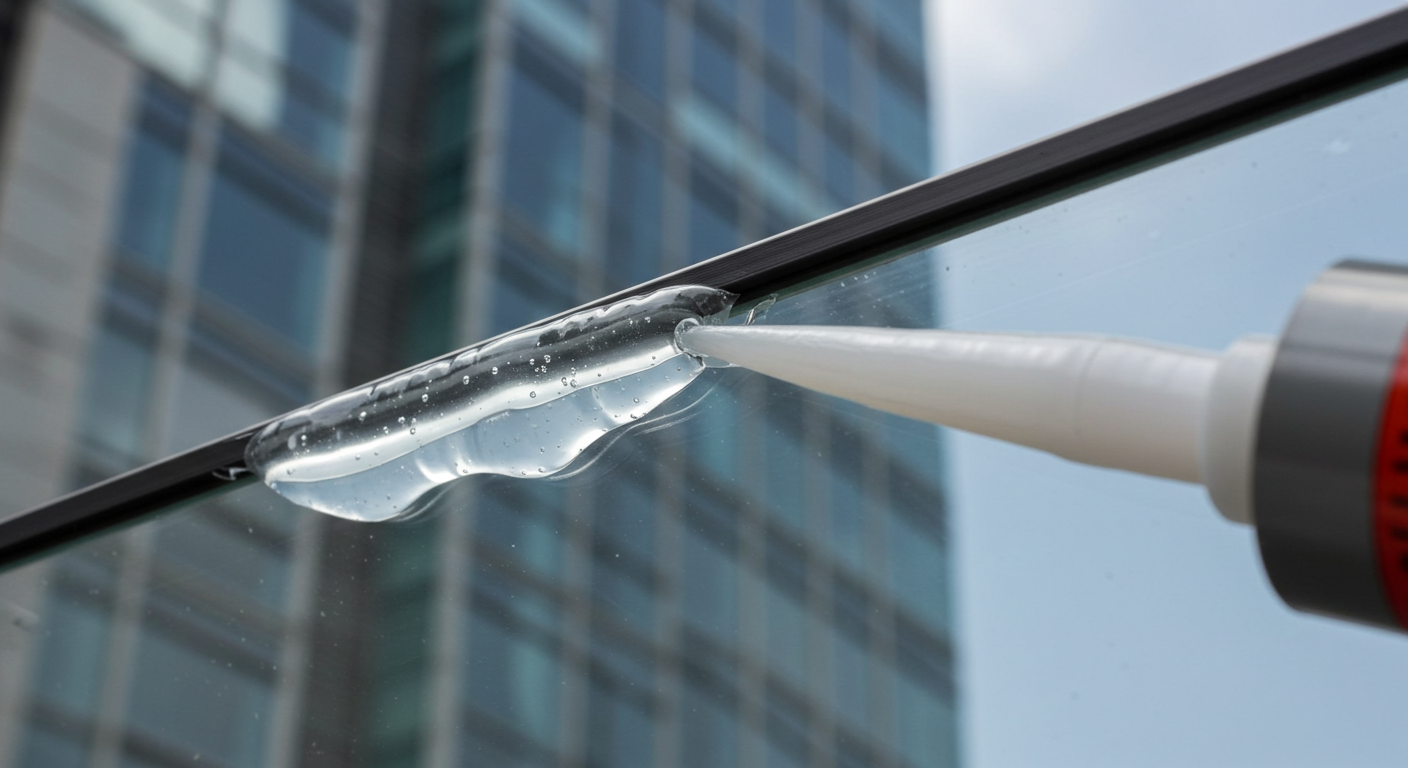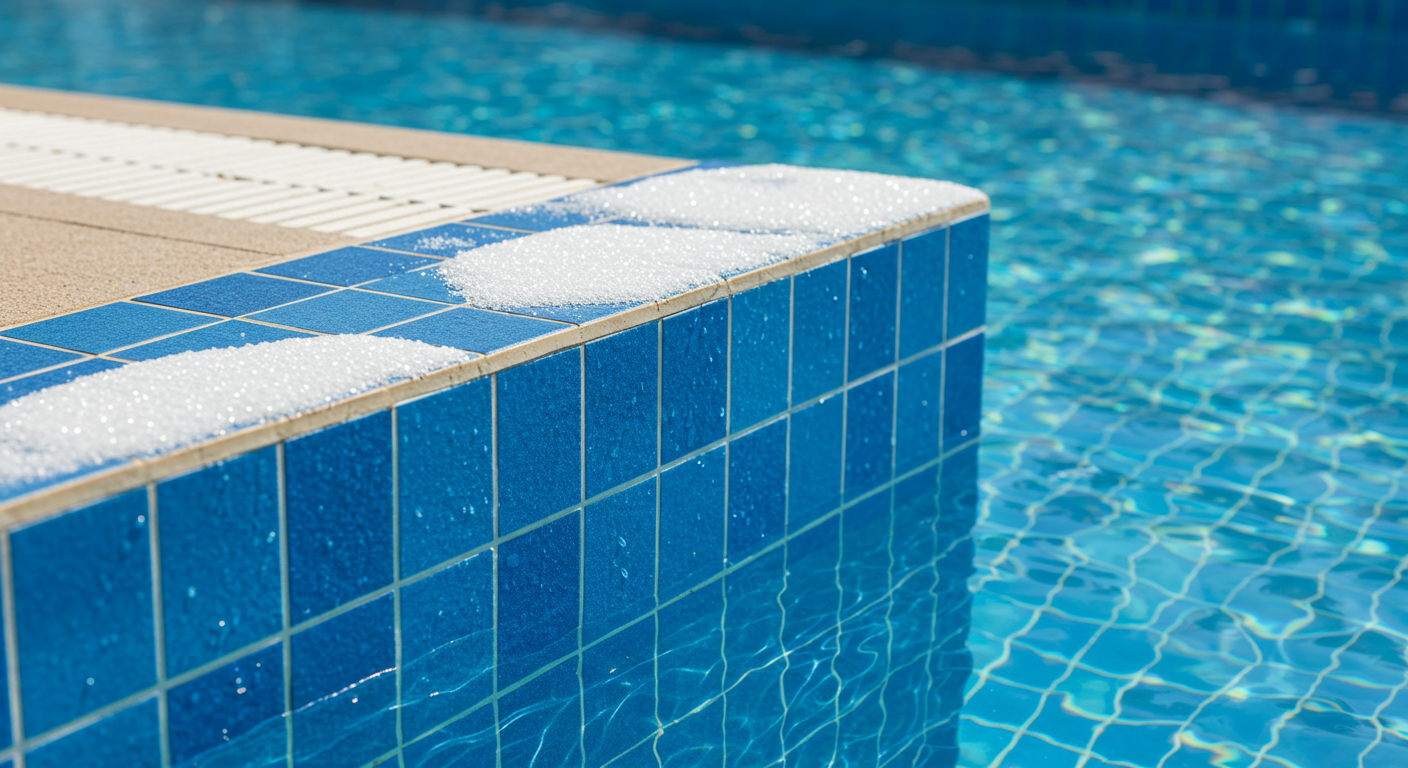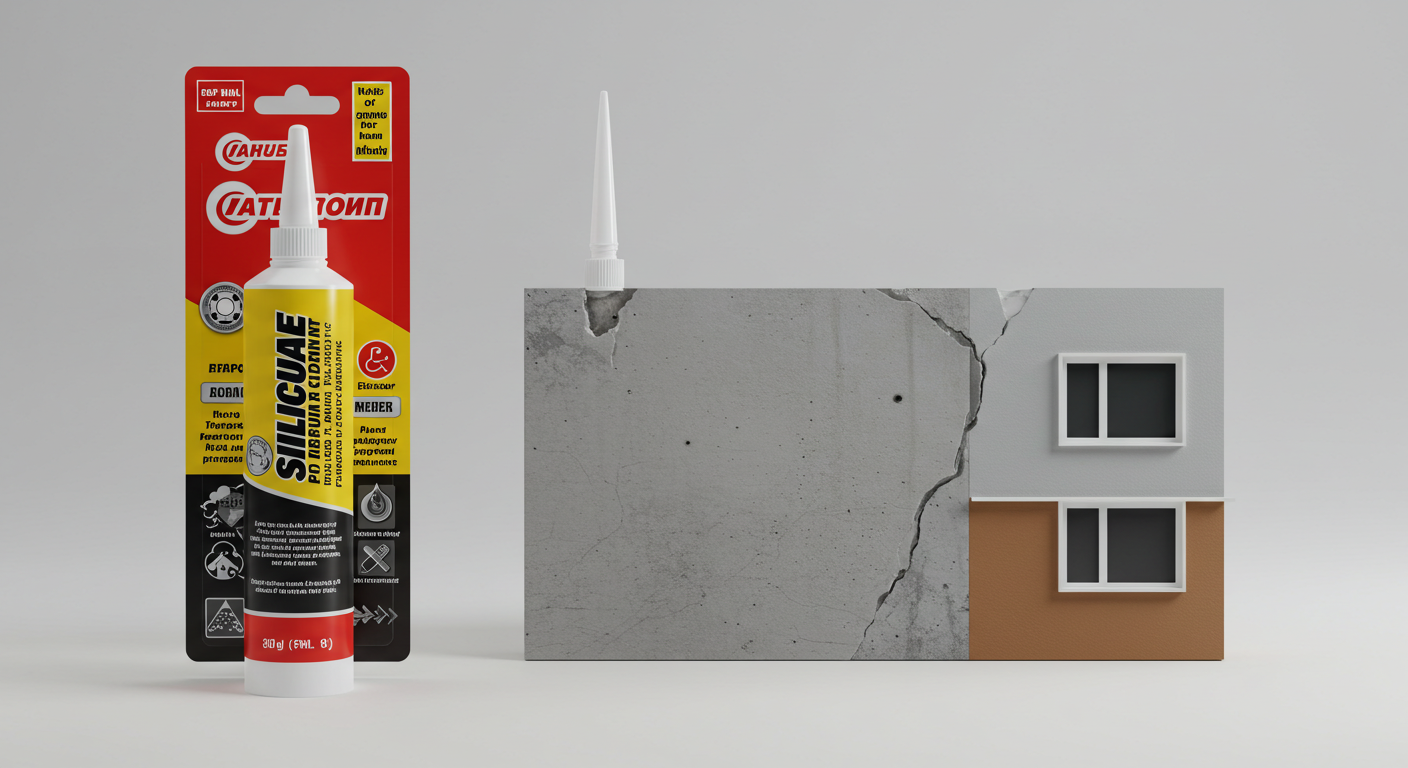Epoxy Pool Grout for Long-Lasting Results
2025-02-01

Swimming pools are a luxurious addition to any home or commercial property, but they require regular maintenance to stay in top condition. One of the most important aspects of pool maintenance is ensuring that the grout between the tiles remains intact, waterproof, and free of damage. This is where epoxy pool grout comes in. Unlike traditional grout, epoxy grout is specifically designed for pools, providing unmatched strength, waterproofing, and longevity. In this comprehensive guide, we explore the benefits of epoxy pool grout, its key applications, how to choose the right product, tips for proper application, and expert recommendations for maintaining long-lasting pool surfaces.
What is Epoxy Pool Grout?
Epoxy pool grout is a high-performance grout made from a combination of epoxy resins and hardeners. Unlike cement-based grout, epoxy grout forms a dense, waterproof, and durable layer that can withstand harsh conditions, including continuous water exposure, temperature changes, and chemicals used in pools. Its chemical resistance and flexibility make it ideal for high-moisture environments like swimming pools, spas, and fountains. Epoxy grout sets itself apart as a long-term solution for homeowners and commercial property managers who want to reduce maintenance and prevent costly repairs.
Benefits of Using Epoxy Pool Grout
Epoxy grout offers a range of advantages that make it the preferred choice for swimming pool applications. Its superior performance characteristics help ensure that your pool stays in peak condition for years.
Waterproof Protection
One of the key benefits of epoxy pool grout is its waterproof nature. Traditional grout is porous and can absorb water, leading to cracks, mold, and eventual failure. Epoxy grout creates a water-resistant barrier, ensuring that the pool remains leak-free and tiles stay firmly in place. This feature not only extends the life of the tiles but also prevents damage to the underlying structure of the pool.
High Durability and Strength
Epoxy grout is much stronger than cement-based grout, making it ideal for areas exposed to heavy use and constant water pressure. Its high compression strength ensures that it can withstand years of wear and tear without cracking or breaking, providing long-term protection for pool tiles. Even in high-traffic areas like pool decks and public swimming pools, epoxy grout maintains its integrity and keeps tiles securely bonded.
Resistance to Chemicals and Stains
Swimming pools require chemicals like chlorine, bromine, and algaecides to maintain water quality. These chemicals can erode traditional grout over time, leading to tile detachment and surface discoloration. Epoxy grout, however, is highly resistant to chemical damage, ensuring that it remains intact even after prolonged exposure. Additionally, its non-porous nature makes it resistant to stains, which simplifies cleaning and maintenance.
Mold and Mildew Prevention
Because of its non-porous nature, epoxy grout does not absorb water, which helps prevent the growth of mold and mildew. This is particularly important for swimming pools, where constant moisture can lead to hygiene problems, tile damage, and unpleasant odors. By keeping moisture out of the grout joints, epoxy grout creates a cleaner, healthier swimming environment.
Longevity and Cost-Effectiveness
While epoxy grout may be more expensive upfront than traditional grout, its long lifespan and low maintenance requirements make it a cost-effective solution. Once properly applied, it can last for many years without the need for frequent repairs or replacements. The durability of epoxy grout helps pool owners save on repair costs and ensures minimal disruption from maintenance.
Applications of Epoxy Pool Grout
Epoxy grout can be used in various parts of a swimming pool and surrounding areas, making it a versatile option for different applications. Its ability to withstand harsh conditions makes it ideal for both residential and commercial installations.
Pool Tiles
The primary application of epoxy grout is between the tiles inside the pool. Whether it’s a residential or commercial pool, applying epoxy grout ensures that the tiles remain securely in place and are protected against water damage. The grout maintains its bond even under constant water exposure, preventing tiles from loosening or falling off.
Pool Decking
Pool decks are exposed to splashing water, changing weather conditions, and foot traffic. Epoxy grout can be used to fill gaps between tiles on the pool deck, providing a waterproof and durable surface. It also resists cracking and erosion caused by heavy foot traffic, making it ideal for public swimming areas.
Spas and Hot Tubs
Similar to pools, spas and hot tubs are exposed to high moisture and varying temperatures. Epoxy grout is ideal for these environments due to its resistance to thermal expansion and chemical exposure. The flexible yet durable properties of epoxy grout prevent cracking and leakage in hot water settings.
Water Features
Fountains, waterfalls, and other water features also benefit from epoxy grout. Its waterproof and durable properties ensure that water features remain functional and visually appealing for years. Epoxy grout protects against water damage and prevents unsightly algae buildup, keeping decorative features clean and efficient.
How to Choose the Right Epoxy Pool Grout
Choosing the right epoxy pool grout is essential for ensuring long-term performance and durability. Here are key factors to consider when selecting the best product for your pool.
Waterproofing Capability
Ensure that the grout you select is specifically designed for pool applications and provides 100% waterproofing. This will prevent water infiltration and protect the integrity of the pool structure. Pools that use inferior grout often face water leakage issues, which can result in expensive repairs.
Chemical Resistance
Since pools require chemicals for water maintenance, it is crucial to choose an epoxy grout that is resistant to chlorine, acids, and cleaning agents. This will help maintain the grout’s strength and appearance over time while preventing discoloration and damage.
UV Resistance
If the pool or surrounding areas are exposed to direct sunlight, opt for an epoxy grout with UV-resistant properties. This will prevent fading or discoloration caused by prolonged sun exposure, especially for outdoor pools.
Color Options
Epoxy grout is available in various colors, allowing you to match it to your pool tiles for a cohesive look. Choose a color that complements the overall design of the pool area. Some pool owners prefer neutral tones, while others select bold colors to create visual contrast.
Ease of Application
Some epoxy grouts are easier to mix and apply than others. If you are planning a DIY project, look for user-friendly products with clear instructions. However, for large or complex projects, hiring a professional installer may ensure optimal results.
Step-by-Step Guide to Applying Epoxy Pool Grout
Proper application is essential for achieving the best results. Follow these steps to ensure a successful grout installation.
Prepare the Surface
Clean the tiles thoroughly to remove dirt, debris, and any old grout. Ensure that the surface is dry and free of contaminants that could affect adhesion. Proper cleaning improves bonding and prevents issues like premature cracking.
Mix the Epoxy Grout
Follow the manufacturer’s instructions to mix the epoxy resin and hardener. Ensure that the mixture is well-combined and has a uniform consistency. Improper mixing can result in weak or uneven grout.
Apply the Grout
Use a rubber grout float to spread the epoxy grout over the tiles, pressing it into the joints. Work in small sections to ensure even coverage and prevent the grout from drying too quickly. Apply sufficient pressure to eliminate air pockets.
Clean Excess Grout
Wipe off excess grout from the tile surface using a damp sponge or cloth. Be sure to clean the tiles before the grout hardens to avoid leaving residue. Multiple passes with a sponge may be necessary for thorough cleaning.
Allow the Grout to Cure
Follow the manufacturer’s curing time recommendations. Avoid using the pool or exposing the grout to water until it is fully cured to ensure maximum durability. Curing times can vary but typically range between 24 to 72 hours.
Maintenance Tips for Epoxy Pool Grout
To extend the lifespan of your epoxy pool grout, regular maintenance is essential. Here are some tips to help you maintain its performance and appearance.
Regular Cleaning
Clean the pool tiles regularly to prevent dirt and debris from accumulating on the grout. Use a gentle brush and a mild cleaning solution to avoid damaging the grout. Regular cleaning also prevents algae buildup, keeping the pool hygienic.
Inspect for Damage
Periodically check the grout for any signs of cracks, gaps, or wear. Addressing small issues early can prevent more significant problems and costly repairs. Early detection of issues ensures the longevity of the grout.
Avoid Harsh Chemicals
Although epoxy grout is resistant to chemicals, prolonged exposure to harsh or abrasive substances can still cause damage. Use pool-friendly cleaning products to maintain its integrity and prevent surface degradation.
Reapply Sealant if Necessary
Some epoxy grouts benefit from the application of an additional sealant for added protection. Check the manufacturer’s recommendations to determine if sealing is necessary. Sealants can enhance resistance to water and UV rays.
Common Mistakes to Avoid
To ensure a successful epoxy grout application, avoid the following common mistakes.
Skipping Surface Preparation
Failing to clean and prepare the surface properly can result in poor adhesion and grout failure. Always ensure the tiles are clean and dry before applying grout.
Mixing Incorrectly
Improper mixing of the epoxy resin and hardener can affect the grout’s performance. Follow the manufacturer’s instructions carefully to achieve the correct consistency.
Applying Too Much Grout
Excess grout can be difficult to clean and may leave a residue on the tile surface. Apply only the necessary amount and clean off excess promptly.
Conclusion
Epoxy pool grout is a superior solution for maintaining the integrity and aesthetics of swimming pools. Its waterproof, durable, and chemical-resistant properties make it an excellent choice for ensuring long-lasting results. By choosing the right product, applying it correctly, and performing regular maintenance, you can enjoy a leak-free, mold-resistant pool for years. With its ability to handle extreme conditions and constant exposure to water, epoxy grout ensures that your swimming pool remains a beautiful, safe, and cost-effective investment for the long term.




